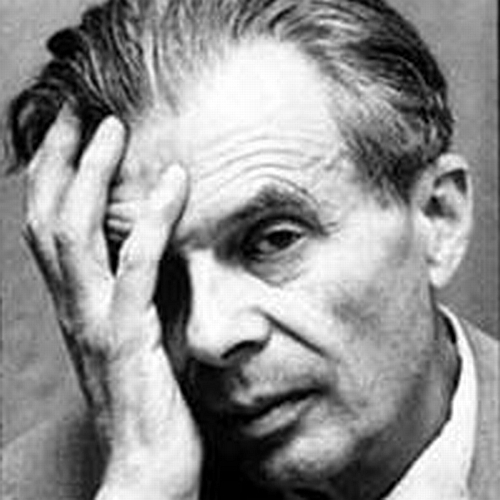
The whole country knows that fifty years ago today John F. Kennedy died from an assassin’s bullet in Dallas. Most Christians know that on the same day C.S. Lewis died. But most in believing circles have forgotten—though not Peter Kreeft—that on this date five decades ago Aldous Huxley also died.
Huxley was famous, brilliant, learned, and—how shall we put it?—not one to let traditional morality get in the way of having a good time. Here’s the start to his Wikipedia entry:
Aldous Leonard Huxley (26 July 1894 – 22 November 1963) was an English writer and a prominent member of the famous Huxley family. Best known for his novels including Brave New World and a wide-ranging output of essays, Huxley also edited the magazine Oxford Poetry, and published short stories, poetry, travel writing, film stories and scripts. He spent the later part of his life in the United States, living in Los Angeles from 1937 until his death.
Huxley was a humanist, pacifist, and satirist. He later became interested in spiritual subjects such as parapsychology and philosophical mysticism, in particular Vivekananda’s Neo-Vedanta and Universalism. He is also well known for his use of psychedelic drugs.
By the end of his life Huxley was widely acknowledged as one of the pre-eminent intellectuals of his time.
So what can Christians learn from an agnostic, tripped-out, Hindu-intrigued, universalist, philosopher with an interest in communicating with the dead? At least this: sometimes smart people invent new ideas so they don’t have to listen to God’s ideas. Huxley once remarked, in a burst of transparency that can shine a light on a lot of the world’s darkness:
For myself, as, no doubt, for most of my contemporaries, the philosophy of meaninglessness was essentially an instrument of liberation. The liberation we desired was simultaneously liberation from a certain political and economic system and liberation from a certain system of morality. We objected to the morality because it interfered with our sexual freedom; we objected to the political and economic system because it was unjust.[1]
No doubt, some people reject the gospel and the Bible because of genuine intellectual concerns, but just as often, pride and personal prejudice is to blame. We don’t like what the Bible says so we find someone else who will make it say something else. Or we make up a new system to get out from under the Bible altogether. As Christians we often assume some form of Rational Actor Theory to be true, that people live out their ethics and make their decisions based on their higher order beliefs and worldview. But more often—and this is the point Huxley admitted to—humans do what they like to do and then find a system to justify their unfettered desires.
It’s no way to live for God. But it is the way most of us live.
[1] Robert S. Baker and James Sexton (eds.), Aldous Huxley Complete Essays, Volume 4 (Lanham, MD: Ivan R. Dee, 2001), 369.



